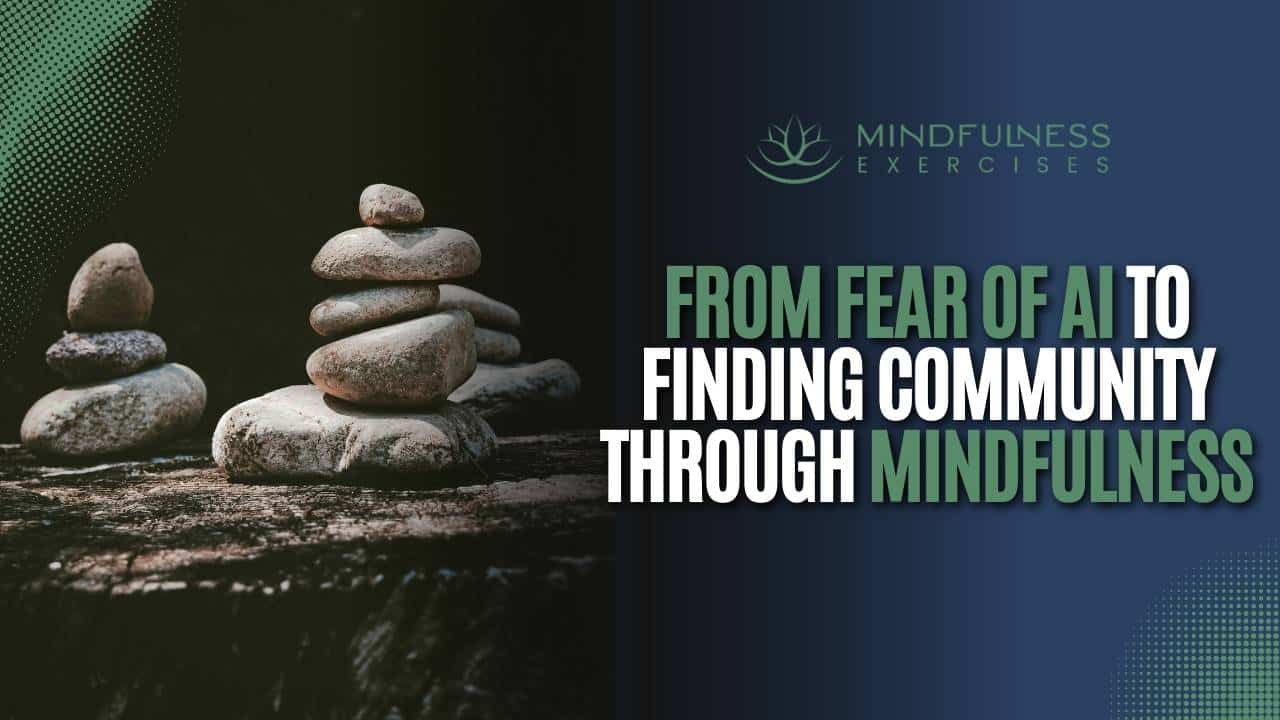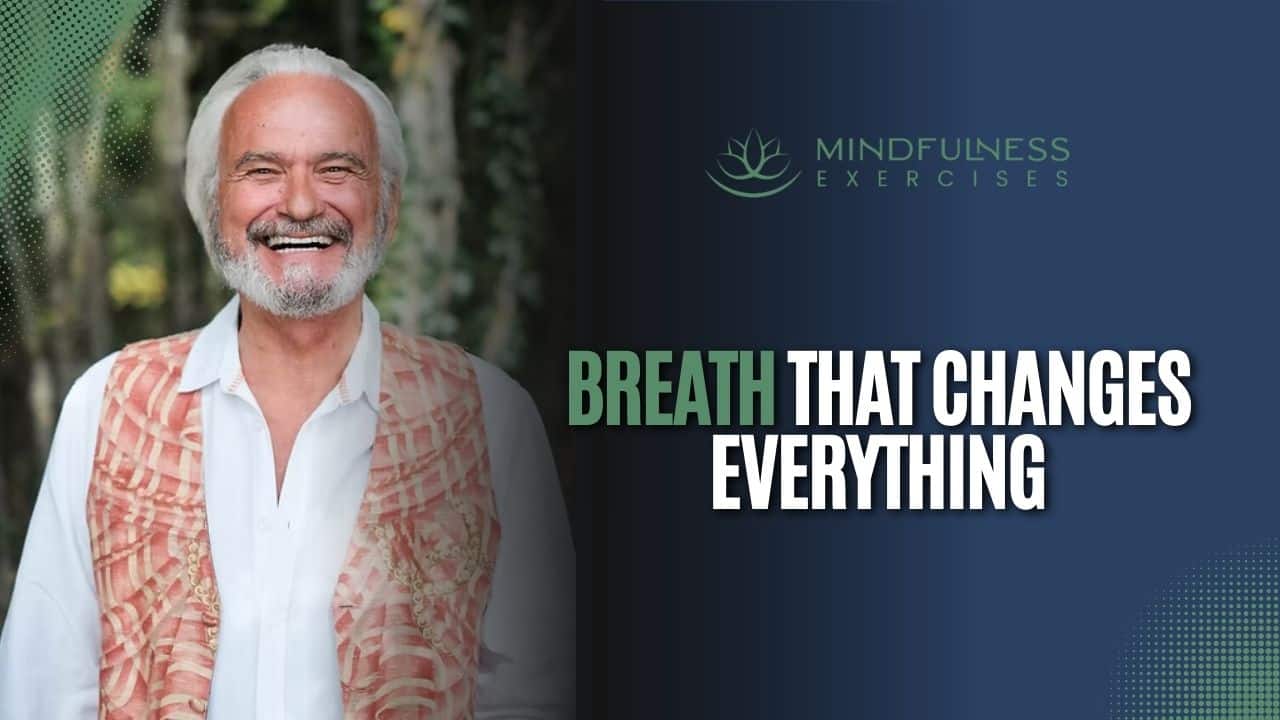Listen now
In this fascinating episode of the Mindfulness Exercises Podcast, host Sean Fargo speaks with Ariel Garten — neuroscientist, innovator, and co-founder of Muse, the groundbreaking brain-sensing meditation device.
Blending neuroscience, mindfulness, and entrepreneurship, Ariel offers a unique perspective on how technology can help us train the mind to become more aware, focused, and resilient.
She explains the science behind brainwave activity during meditation, the key differences between concentration and mindfulness, and how real-time biofeedback can transform our practice. With clarity and warmth, Ariel explores how tools like Muse can support mindfulness teachers and practitioners in cultivating both consistency and deeper insight.
Whether you’re new to meditation or an experienced teacher, this episode provides a fascinating look at how technology and mindfulness intersect — not to replace traditional practice, but to strengthen and support it.
Sponsored by our Mindfulness Meditation Teacher Certification Program
certify.mindfulnessexercises.com
What You’ll Learn in This Episode:
Show Notes:
What Muse Measures in the Brain
Ariel explains how Muse detects brainwave patterns to provide meditators with real-time feedback. This insight helps practitioners recognize when the mind wanders and gently return to presence.
Concentration vs. Mindfulness
Many confuse concentration with mindfulness. Ariel clarifies the difference: concentration is about sustained attention, while mindfulness includes awareness, openness, and acceptance of the present moment.
Biofeedback as a Path to Depth
By reflecting our mental states back to us, biofeedback gives meditators a powerful tool to notice patterns and stay engaged in practice. It turns meditation into an interactive, self-reflective journey.
Brainwave States in Meditation
Ariel breaks down brainwave activity during meditation, revealing how different states from calm to focused to deeply restful show up in the brain. Understanding these patterns can help practitioners navigate their inner landscape with greater clarity.
The Role of Self-Compassion
Real-time feedback can sometimes trigger self-judgment. Ariel emphasizes the importance of practicing with curiosity and compassion, reminding us that meditation is not about perfection but about gentle awareness.
Data-Driven Insights for Change
With Muse, practitioners and teachers gain access to data that reveals trends, habits, and growth over time. Ariel shares how this information can support long-term behavior change and more sustainable mindfulness practice.
The Future of Tech + Mindfulness
Looking ahead, Ariel envisions a world where technology continues to enhance meditation practice by making it more accessible, personalized, and consistent — without losing the heart of mindfulness.



